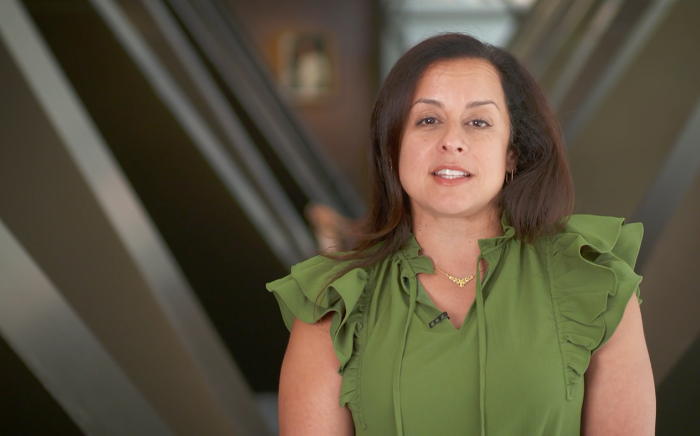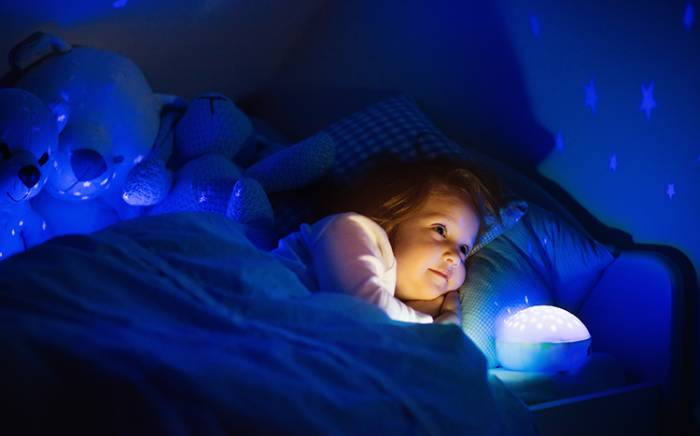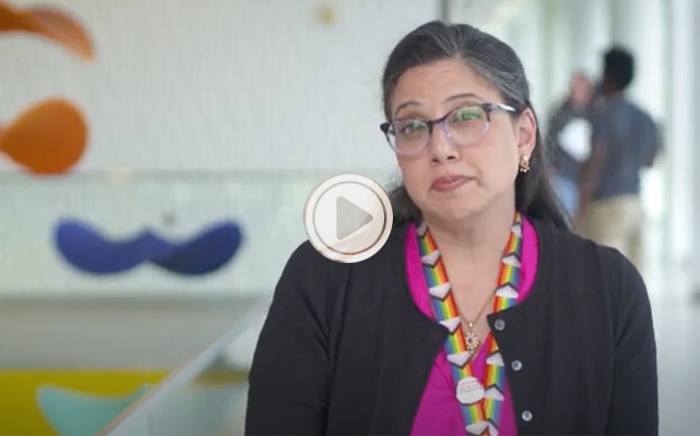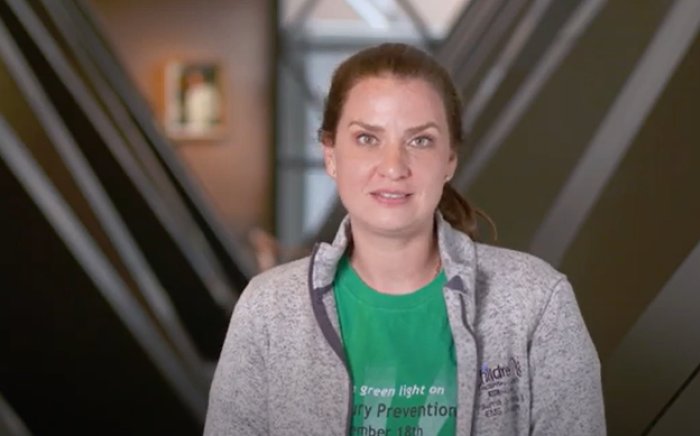Talking about constipation in adults could prove to be an embarrassing, uncomfortable dinner topic. But moms on play dates and at preschools everywhere don’t hesitate to discuss their children’s constipation. So what’s the real scoop on poop?
First, let’s look at what constipation really is. Your child is considered constipated if he or she has fewer than three bowel movements a week, or the stools are hard, dry and unusually large, or the stools are difficult to pass.
Constipation is common in children, but it’s always important to find the cause of constipation.
In babies, constipation may begin when you change from breast milk or formula to whole cow’s milk. Constipation also may begin when your baby starts eating solid food.
In addition, constipation may occur if your child doesn’t drink enough fluids or doesn’t eat a healthy diet that includes enough fiber-filled foods such as cereals, grain, fruit and vegetables.
And while constipation may happen at any age, it usually happens during certain milestones. Toilet training and the start of school are two times when children may hold stool. During toilet training, trying to force a child to go on the toilet when he or she is afraid can lead to constipation. If your child resists, wait a few months and then try again.
Other factors may also be to blame for constipation problems. If your child is too busy playing or doesn’t want to ask a teacher to use the bathroom, a vicious cycle of constipation can begin. Stool builds up and becomes larger and harder. As a result, it makes it painful to pass. If children experience the discomfort of a hard stool, they may try to avoid the painful experience again. Children tighten their buttocks, rock up and down on their toes and turn red in the face trying to hold in the stool. This just makes matters worse.
Stool holding leads to more constipation. Stool begins to collect in the colon and rectum and may result in abdominal pain. When the colon is full of stool, some liquid may leak and stain a child's underwear. Sometimes this is mistakenly thought to be diarrhea, but it’s really a symptom of severe constipation.
At this point, call your pediatrician during office hours. Your doctor will probably start treatment to flush stool out of the colon using lubricants (such as mineral oil), rectal suppositories or enemas.
Steps to Prevent Constipation
To maintain regular bowel movements in your child, try these tips:
- Feed your child plenty of fruits, vegetables and foods high in fiber. Fiber adds bulk and holds more water in the stool, making it softer and easier to release.
- Encourage your child to drink plenty of water.
- Encourage regular mealtimes and bedtimes.
- Encourage regular toilet times for your child - ideally after mealtime. (A routine can encourage your child’s success in keeping a regular stool pattern.)
- Always check with your pediatrician before using lubricants and stool softeners.
As frustrating as constipation may be, handling the situation with patience and support will help your child form regular bowel habits.
For additional information, view our constipation brochure that is designed to help parents deal with childhood constipation by answering questions and outlining management instructions for parents to follow.












